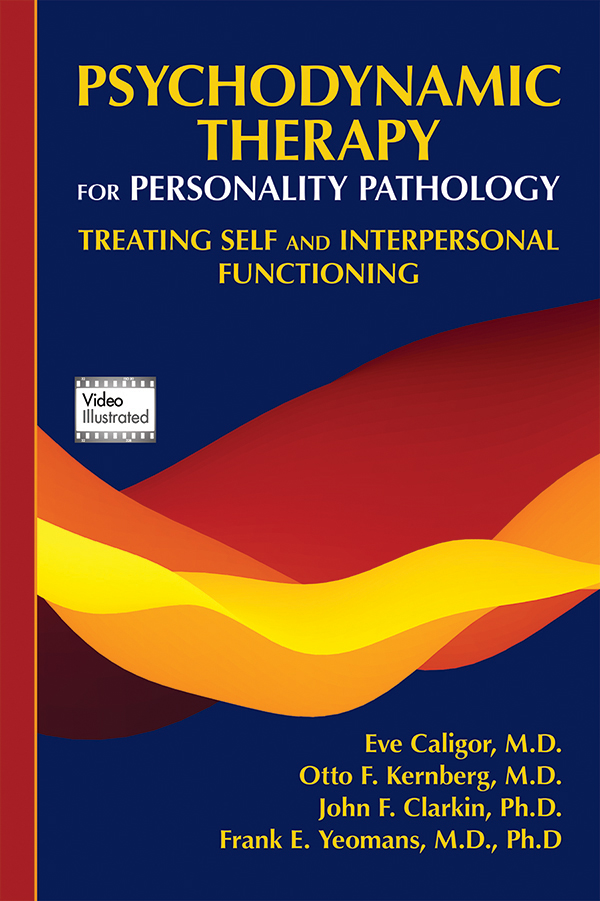Section II:Overview of TFP-E: Basic Tasks, the Therapeutic Relationship, and Strategies of Treatment
Excerpt
Having provided a foundation for conceptualizing and classifying personality disorders within the framework of object relations theory, we now provide a foundation for conceptualizing our approach to treatment. In the three chapters composing Section II, we introduce the general clinical principles and basic constructs that define transference-focused psychotherapy—extended (TFP-E). Based on object relations theory, TFP-E is a flexible treatment model that focuses on self and other functioning and the relationship between the patient’s personality organization and treatment strategies:
Access content
To read the fulltext, please use one of the options below to sign in or purchase access.- Personal login
- Institutional Login
- Sign in via OpenAthens
- Register for access
-
Please login/register if you wish to pair your device and check access availability.
Not a subscriber?
PsychiatryOnline subscription options offer access to the DSM-5 library, books, journals, CME, and patient resources. This all-in-one virtual library provides psychiatrists and mental health professionals with key resources for diagnosis, treatment, research, and professional development.
Need more help? PsychiatryOnline Customer Service may be reached by emailing [email protected] or by calling 800-368-5777 (in the U.S.) or 703-907-7322 (outside the U.S.).



